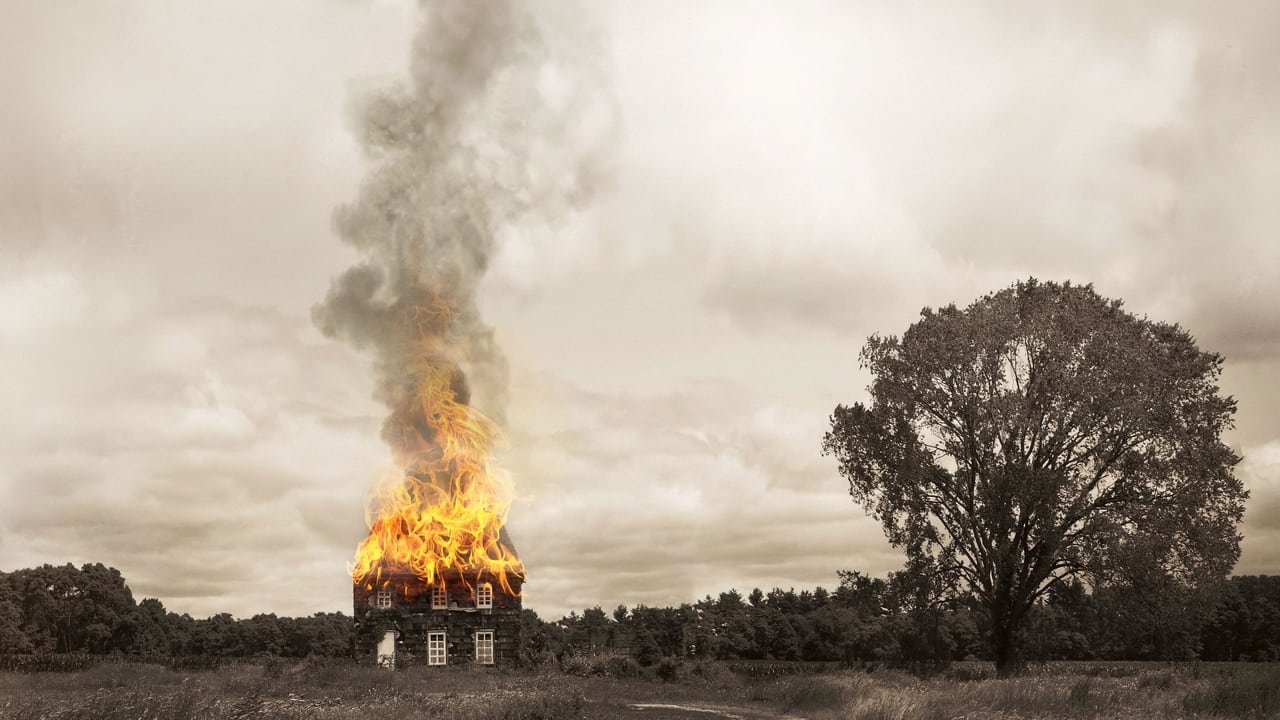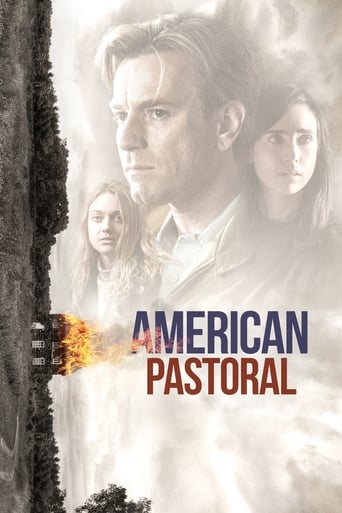

This is a must-see and one of the best documentaries - and films - of this year.
... View MoreThe movie's neither hopeful in contrived ways, nor hopeless in different contrived ways. Somehow it manages to be wonderful
... View MoreEach character in this movie — down to the smallest one — is an individual rather than a type, prone to spontaneous changes of mood and sometimes amusing outbursts of pettiness or ill humor.
... View MoreNot sure how, but this is easily one of the best movies all summer. Multiple levels of funny, never takes itself seriously, super colorful, and creative.
... View MoreThe book was from the 90s and the story is about the 60s. Narrated from the father's perspective, that's what I think did not work in this film. This is where a film and the book does not synch. Because books are always very detail when it describes a person. In the films, they are just a simple visual where viewers have to focus on those details to have a perfect impression like the book. So I totally point out to the writer who did not quite transformed the point of the storytelling.It is not the parents to decide what their kids want to be. The film opened with a couple ready to get married, arguing with their elders about something. Soon it forwards to a few years where their relationship with their daughter seems not good. Further, they become more distant and completely lose her for the unrest in the society and the nation. But father never gives up. His love and care for her leads the way and what comes later is even more disturbing before it all ends.It was Ewan McGregor's directional debut. I don't think he would try it again, not any time soon. But I would appreciate his quality of filmmaking. He only needs a better writer and the screenplay. I also think, he should not direct himself. I never considered him a best actor. I yet to see his performance. The film was not strong enough, if you are from outside the United States. Because what they call this 60s revolution was more a misunderstood by the young people. Particularly that religious thing, they were misled and spoiled their lives. So, instead of focusing that, the film centred on a father-daughter relationship. That is why it was a decent film. Otherwise I would have rated even wrose.5.5/10
... View MoreAfter watching about 30 minutes of this film, I wondered if I should plan on watching it again. Sometimes I have some difficulty with plot lines that have no clear direction. As I watched it to the end, I realized that once would be enough. Was it a historical piece? Was it another Ordinary People exercise? The daughter's problems were never adequately explained, even with a psychiatrist character with multiple scenes. It left me hanging, not understanding and with a very quiet ending...
... View MoreI never was a fan of Philip Roth, but in this film his story has convinced meAnother good surprise is the direction of Ewan Mcgredor, supported for the whole films actors, maybe because he's himself an actor.A dissection of the American dream head over heels, begins in the innocents 50's and develops thru the 60's showing the breech produced in the 70's.This drama of a man that loves his daughter and never stop fight until his dead. It's compelling, dramatic and excessively sentimental and too long.I'm not a great fan of dramas but this piece it's extraordinary, I couldn't forget the feelings the film provoked while all the way home and long after supper.Extraordinary piece of drama.
... View MoreThis movie has strong characters in it. And I love the fact that Jennifer Connely plays a strong character. Or at least it seems that way (early on she has a great confrontation where she lets her acting muscles play), but unfortunately she has to take a back seat to Ewans character taking center stage later on. Him and Dakota Fannings relationship (also other actress playing his daughter) is elemental for this movie.A movie that is about growing up, about responsibilities and also about choices. And getting to the point of accepting certain things. There's a powerful scene late in the movie with Ewan and Jennifer and another parent that strikes more than a chord. And while these are the best moments, sometimes the movie does seem muddled, trying to hard to make a point/statement. Overall it does succeed though, which comes down to the actors in the main roles. Not an easy watch at all ...
... View More